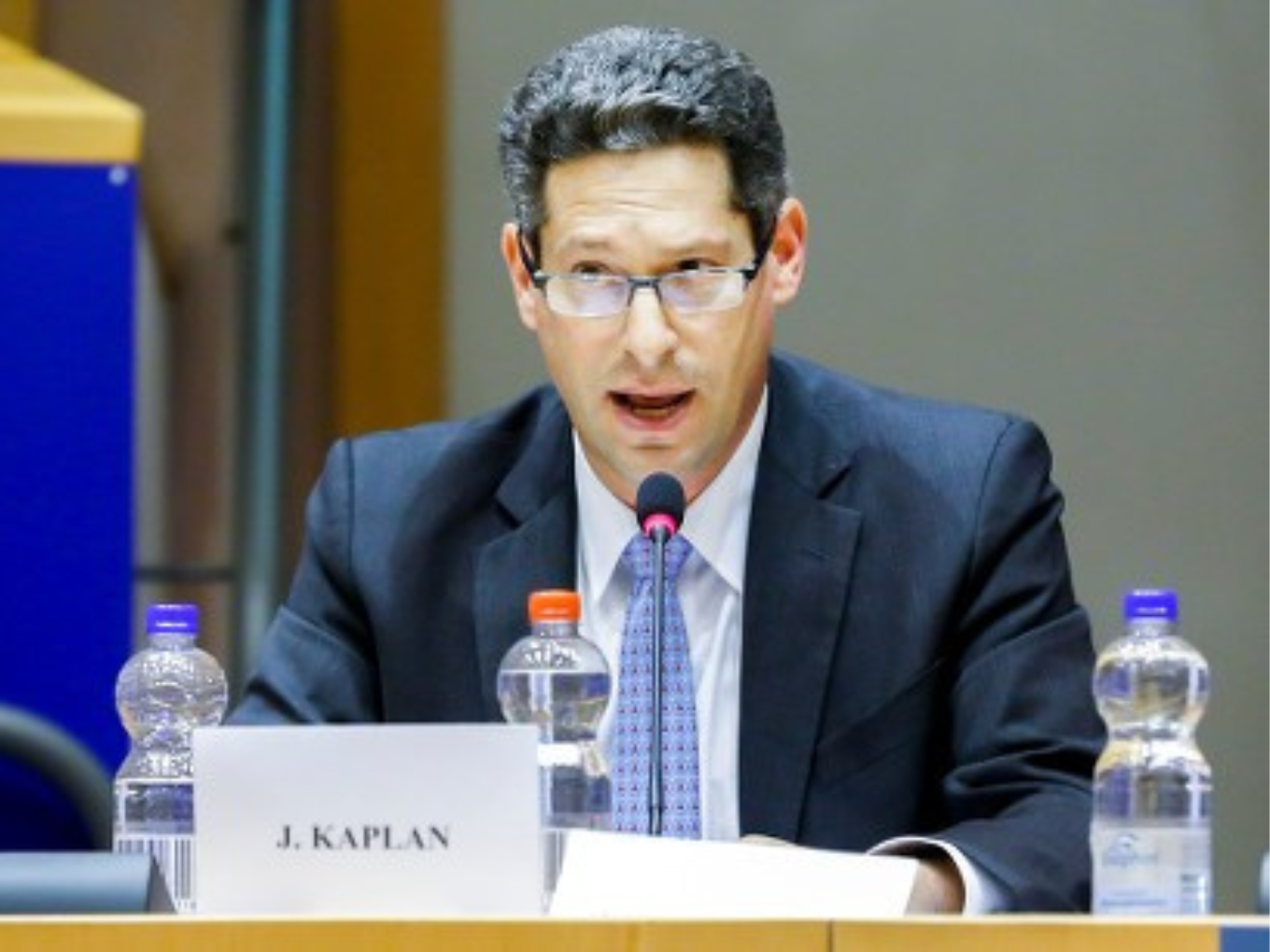Joel Kaplan, vice president of global policy at Meta, has proposed that social media platforms and internet intermediaries should implement an age verification and consent management system akin to the standards applied in app stores for users under 18 years of age.
During his visit to India last week, Kaplan told ET, “It works for everyone and you have to do it one time. People may be on social media apps that have greater or lesser capability to do it well. The burden for parents would be much simpler if they only had to do it one time for age verification.”
Though there are other approaches such as verification of age of the children with Aadhaar or with documents stored in digital public infrastructure such as DigiLocker, Kaplan said that implementing an app-store level check would be the most “elegant and effective solution.”
The Digital Personal Data Protection (DPDP) Act, enacted in August this year, has made it mandatory for all social media and internet intermediaries to undertake age verification and consent management for users below the age of 18.
According to the provisions of the Act, children, defined as users under the age of 18, require age verification and explicit consent from their parents is necessary for the processing of any data related to them.
Further, Kaplan mentioned that having a centralised repository, such as an app store, would simplify the process for both parents and teenagers. He added that Meta’s approach to ensuring teenager safety is in alignment with the stipulations of the DPDP Act, particularly concerning the safety and security of children and teenagers using the platform.
“These things do need to happen at an industry-wide scale. That is why having a law ensures that all companies have to create and provide the same tools and experience and we think that is a good thing for teenagers,” Kaplan said.
Akin to the necessary industry consensus on age-gating, social media and internet intermediaries will also need to come together to form a common framework to fend off the challenge posed by deep fake and synthetically altered content, he said.
As country-wide elections approach in major countries like India, Indonesia, and the US, Meta is intensifying its efforts to deploy tools to combat misinformation that could impact the polls. Despite the collective efforts of platforms, including Meta, to prevent poll-related deep fakes, there may still be instances where such content surfaces.
In November, the government planned a strategy to tackle online predator incidents involving children on social media. The approach aimed to provide options for age-gating and parental consent to platforms like Meta-owned Facebook and Instagram, YouTube and others.
On September 19, a Karnataka High Court (HC) bench reportedly urged the union government to consider setting age limits for social media users in the country. The court suggested that social media platforms could verify user ages through documents like Aadhaar, similar to mandates for gaming platforms. The bench noted that school-going children are addicted to social media and suggested that making some form of identification mandatory for registration would be beneficial.
The government introduced the DPDP Act in August, prompting social media platforms to propose effective “child gating” methods, emphasising data minimisation principles.
The post title=”Meta’s Joel Kaplan Urges Social Media Platforms To Implement App-Store Level Age Verification” href=”https://inc42.com/buzz/metas-joel-kaplan-urges-social-media-platforms-to-implement-app-store-level-age-verification/”>Meta’s Joel Kaplan Urges Social Media Platforms To Implement App-Store Level Age Verification appeared first on Inc42 Media.



![[CITYPNG.COM]White Google Play PlayStore Logo – 1500×1500](https://startupnews.fyi/wp-content/uploads/2025/08/CITYPNG.COMWhite-Google-Play-PlayStore-Logo-1500x1500-1-630x630.png)